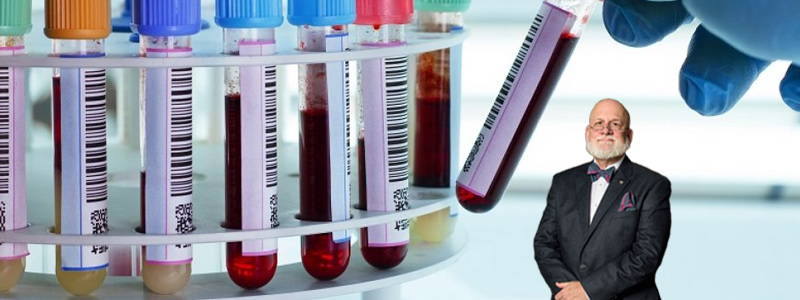At one time or another, most of us need to deal with serious health conditions. How often do we hear our health providers tell us we are suffering from an autoimmune disease, which is commonly described as a situation where their body chemistry “…mistakes some part of their body as a pathogen and attack[s] it”.
The title, autoimmune disease, sounds important enough to merit taking it seriously, but do we? which seems like a catchall phrase for “I don’t know what’s wrong, but it must be the patient’s fault.” There is a long list of “real” autoimmune disorders – and there are even more that have yet to be blessed with an official medical name – or diagnosis.
Here’s a condensed list of conditions associated with the idea of Autoimmune Disease;
Myasthenia gravis, Crohn’s Disease, Diabetes mellitus type 2, Psoriasis, Rheumatoid Arthritis, Hashimoto’s THyroiditis, Schizophrenia, Ulcerative Colitis, Lupus erythematosus, Vasculitis, Vitiligo, Multiple Sclerosis, and hundreds more. And, lets’ not ignore the situations where the existing problem is “like” one of the named ones – or it might be a “pre” something – as in pre-diabetes.
One element that these conditions have in common is that nobody is sure about what causes them. Without knowing the cause, it is all but impossible to cure it. However, because the U.S. government has declared that cures are only possible from drugs, radiation, or surgery, the choice of treatment is simplified by searching for a class of drugs that should work but never have been proven to do so, generally referred to as immune suppressant drugs. Is life better when a disease is cured or when it is managed? Rather than inventing procedures and drugs that address the symptoms, why aren’t we looking for cures? Is it at all possible that there are benefits associated with managing a problem for life instead of eliminating it?
It is outside my reasoning to accept that my body – or anyone’s – would spontaneously attack itself. After decades of experience and study, it may be clearly concluded that there must be underlying agents “out there” that initiate an attack – a cause – be it a chemical (parabens or pesticides?), a food substance (soy or processed food?), or an invading organism (bacteria or parasites?). It’s been accepted that a person without allergies, for example, will not be allergic to any substance after the first incident of exposure. The first bee sting can start a process that generates stronger responses at the next attack. There are treatments for anaphylaxis and there’s a cure – avoid bee stings.
Instead of throwing up our hands and blaming a nebulous “autoimmune” situation, would it not be better for medical science to serve everyone better by looking for causes and eliminating them? Instead of filling out forms and writing prescriptions for ever more costly maintenance drugs, serious medicine ought to be thinking about interacting with the patients on a more profound level – as a healer, not just a paper pusher and billing clerk.
It’s unlikely that our health system will take a detour away from treatments for life but that’s not a good reason to give up hope for more cures and less maintenance.
FOOD FOR THOUGHT: I once worked with a wise doctor who stated that once health care consumed 10% of our national Gross Domestic Product, it would shift from the professional model of healing to the business of health. In 2022, health costs are approaching 20% of GDP.
For more information on this topic take a look at our post, The Autoimmune Ruse.

